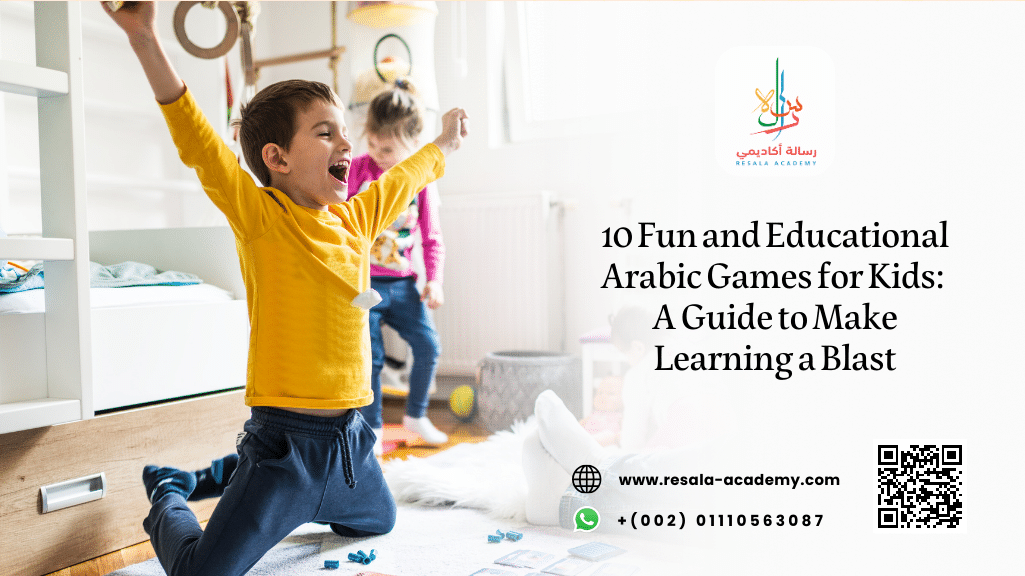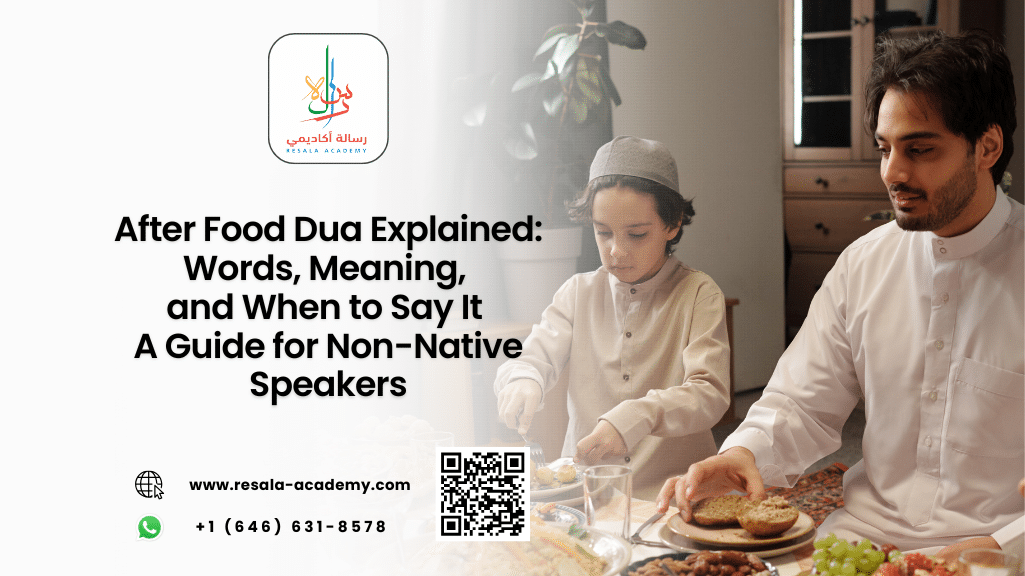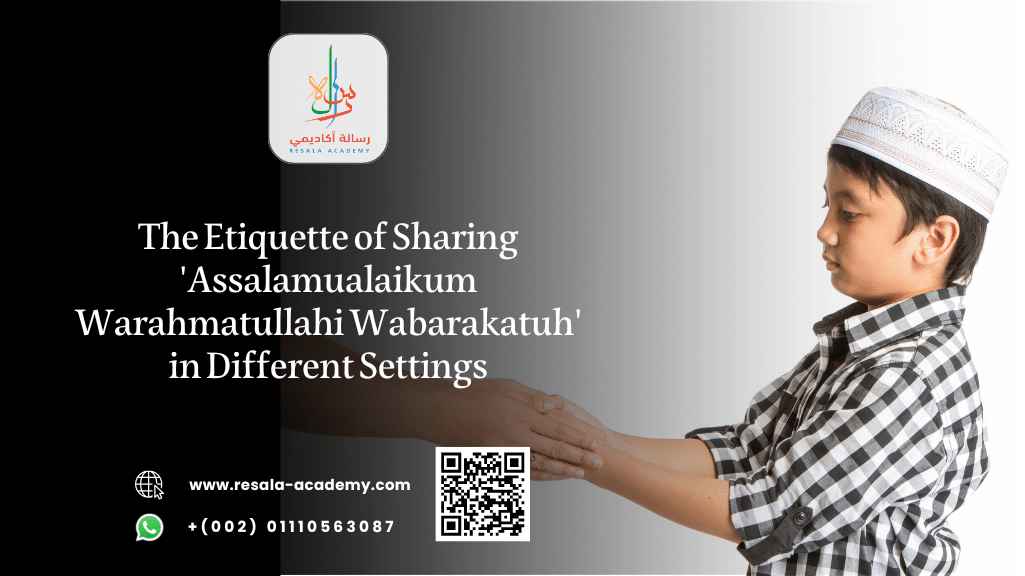Table of Contents
10 Fun and Educational Arabic Games for Kids: A Guide to Make Learning a Blast
Welcome, curious parents and adventurous little learners! Are you ready to embark on a thrilling journey through the fascinating world of Arabic games for kids? We believe that education should never be a dull affair, but rather an exciting adventure full of laughter, exploration, and endless possibilities. That’s why we’ve curated a list of 10 fun and educational Arabic games that will make learning an absolute blast for your little ones.
Gone are the days when traditional language learning methods consisted of monotonous textbooks and repetitive drills. Game-based learning has taken center stage, revolutionizing the way children acquire new skills. By infusing playfulness into their education, kids not only retain information better but also develop a genuine love for languages.
So get ready to dive into this treasure trove of interactive games designed to captivate young minds while enhancing their Arabic language skills. From reading and writing to speaking and listening, these engaging activities cover it all. So let’s begin this exhilarating quest towards fluency in Arabic – one game at a time!
Importance of incorporating fun into education for kids
Education and fun may seem like opposites, but when it comes to kids, they go together like peanut butter and jelly. Incorporating fun into education is not only important but essential for a child’s learning journey.
Children are naturally curious and eager to explore new things. By making education enjoyable and entertaining, we tap into their innate desire to learn. When kids are having fun while learning, they become more engaged and motivated to actively participate in the educational process.
Incorporating fun into education helps cultivate a positive attitude toward learning in children. When they associate learning with enjoyment and excitement, they develop a lifelong love for acquiring knowledge. This sets the foundation for them to become lifelong learners who are constantly seeking new information and skills.
Furthermore, integrating games into education enhances the retention of information. Studies have shown that when children are actively involved in playful activities that require problem-solving or critical-thinking skills, they remember what they’ve learned for a longer period. The combination of entertainment and educational content triggers multiple areas of the brain simultaneously.
Adding an element of fun creates a safe space where children feel comfortable making mistakes and taking risks without fear of judgment or failure. It fosters creativity by encouraging them to think outside the box and come up with innovative solutions to problems.
Incorporating fun into education is not just about making it enjoyable; it’s about creating an environment that nurtures curiosity, builds positive attitudes toward learning, enhances retention of knowledge, encourages creativity, and ultimately prepares our little ones for success in life!
Traditional language learning vs. game-based learning
When it comes to teaching kids a new language, there’s always the old-school approach to traditional language learning. You know, textbooks, grammar rules, and repetitive exercises that can make even adults yawn. But what if we told you there’s a fun and exciting alternative? Enter game-based learning!
With game-based learning, kids get to engage with the language in a way that feels like playtime rather than study time. Instead of memorizing vocabulary lists or conjugating verbs on command, they get to immerse themselves in interactive games that challenge their skills while having a blast.
Not only does game-based learning make the process more enjoyable for kids (and let’s be honest, for parents too), but research has shown that it can also enhance their language acquisition abilities. By integrating reading, writing, speaking, and listening activities into gameplay scenarios, children naturally absorb key linguistic concepts without feeling overwhelmed or bored.
Plus, games provide an opportunity for hands-on practice and instant feedback. Whether they’re solving puzzles with Arabic letters or engaging in virtual conversations with animated characters who speak the language fluently – these experiences help reinforce what they’ve learned and boost their confidence along the way.
So why stick to dry textbooks when you could revolutionize your child’s Arabic learning journey through fun and educational games? Get ready to unlock their potential as they explore new worlds while mastering one of the most beautiful languages on Earth!
Top 10 Arabic games for kids
Are you ready to embark on a fun-filled adventure of learning Arabic with your kids? Look no further! We’ve compiled the top 10 Arabic games that are not only educational but also super enjoyable for children. Let’s dive in!
1. Alif Baa Taa: Perfect for preschoolers, this game introduces the Arabic alphabet through interactive lessons and engaging activities.
2. Kalimat: Designed for ages 6-10, this word-building game helps kids expand their vocabulary while creating sentences using Arabic words.
3. Tajweed Puzzle: Suitable for older children, this puzzle focuses on the proper pronunciation of Quranic verses, making it an excellent tool for memorization.
4. Memory Game: A classic favorite! Match pairs of Arabic letters or words to enhance memory skills and reinforce language recognition.
5. Charades Arabia: Get everyone up and moving with this entertaining charades game focused on acting out common Arabic phrases and expressions.
6. Story Cubes: Spark creativity by rolling dice with various images and crafting imaginative stories using Arabic vocabulary—perfect for all ages!
7. Hangman (Alghoul): Challenge your child’s spelling skills by playing Hangman in Arabic – guess the hidden word before completing the drawing of Alghoul!
8. I Spy (Anaa Ara): Enhance observation skills as kids take turns describing objects around them in Arabic while others try to guess what they spy.
9. Arabiopoly: Combine learning with family bonding time through a board game that teaches numbers, colors, animals, and more in an exciting way!
10. Scrabble (Sarfino): An educational twist to the beloved Scrabble game; build words using tiles featuring different root letters from the rich world of Semitic languages.
Each of these games caters to specific language skills such as reading, writing, speaking, or listening—ensuring a well-rounded approach to mastering the beautiful language of Arabic! So, gather your little ones and let the learning adventure begin!
How each game facilitates different language skills
Games are not just a source of fun and entertainment for kids, they can also play a crucial role in developing their language skills. When it comes to Arabic games, each one targets specific language abilities, making the learning process enjoyable and effective.
Reading skills can be enhanced through games that involve word recognition or phonics exercises. For example, “Arabic Alphabet Match” is a game where children match letters with corresponding pictures to reinforce their understanding of letter-sound relationships.
Writing skills can be improved by engaging in activities like “Guess the Word”. This game prompts kids to write down words based on given clues or descriptions. It encourages them to think creatively and expand their vocabulary while practicing proper spelling.
Next, speaking skills can be honed through interactive games such as “Storytelling Circle”. In this game, children take turns adding sentences to create an imaginative story. By expressing themselves verbally and listening attentively to others’ contributions, they become more confident in speaking Arabic.
Listening skills can be developed through games like “Listen and Repeat”. Children listen to audio recordings of words or phrases and repeat them back aloud. This activity helps train their ears to recognize Arabic sounds accurately while improving pronunciation.
By incorporating these different types of language-focused games into your child’s routine, you provide them with diverse opportunities to enhance their reading comprehension, writing proficiency, speaking fluency, and listening comprehension. With practice and repetition, their Arabic language capabilities will undoubtedly flourish!
Tips for parents on how to engage their kids in these games
As a parent, you play a vital role in your child’s education and language development. So how can you engage your kids in these fun Arabic games and ensure they have the best learning experience? Here are some tips to help you maximize your language skills while having a blast!
1. Get Involved: Show interest in your child’s progress by playing the games together. This not only strengthens your bond but also motivates them to learn more.
2. Create a Game Routine: Set aside specific times for game-based learning sessions. Consistency is key! By making it part of their daily routine, you’ll establish good study habits and make learning Arabic an enjoyable habit.
3. Encourage Friendly Competition: Turn the games into friendly competitions with rewards or trophies for accomplishments. This adds excitement and keeps them motivated to improve their language skills.
4. Supplement with Real-Life Practice: While the games provide valuable practice, encourage your children to use Arabic in real-life situations as well. Encourage them to read signs, and labels or even speak simple phrases when interacting with native speakers.
Remember, the key is to keep it fun and engaging! With these tips, you can create an immersive environment where your children eagerly embrace Arabic as they explore these educational games.
Resala Academy Offers Online Arabic Classes
Looking for a convenient and effective way to teach your kids Arabic? Look no further than Resala Academy! With their online Arabic classes, you can bring the beauty of the Arabic language right into your home. No need to worry about commuting or scheduling conflicts – Resala Academy has got you covered!
Resala Academy offers a range of online Arabic classes tailored specifically for kids. Whether your little one is just starting with learning the alphabet or needs some extra practice in reading and writing, there’s a class that suits their needs. The experienced teachers at Resala Academy use interactive tools and engaging materials to make sure your child stays motivated and excited throughout their learning journey.
One of the greatest advantages of taking online classes with Resala Academy is the flexibility it provides. You can choose from different time slots that work best for you and your child’s schedule, making it easier than ever to incorporate Arabic lessons into their daily routine. Plus, with small class sizes, each student receives individual attention from the teacher, ensuring optimal learning outcomes.
Not only do these online classes offer convenience and flexibility, but they also provide an immersive learning experience for children. Through interactive games, songs, storytelling sessions, and discussions with classmates, kids have plenty of opportunities to practice speaking and listening skills while having fun! So why wait? Enroll your child in an online Arabic class at Resala Academy today and watch them thrive in their language journey!
FAQs
1. What age range are these games suitable for?
Our list of Arabic games caters to a wide range of ages, from preschoolers to early teenagers. Each game has a suggested age range specified, ensuring that there is something fun and educational for every child.
2. How do these games help develop language skills?
These Arabic games cover various language skills such as reading, writing, speaking, and listening. They engage kids in activities like word recognition, sentence formation, vocabulary building, and pronunciation practice. Through interactive gameplay, children naturally improve their language proficiency while having a blast!
3. Can parents participate in the gaming experience?
Absolutely! Parents can actively engage with their kids during game sessions by providing guidance and encouragement. This involvement not only strengthens family bonds but also enhances the learning experience by creating an enjoyable and supportive environment.
4. Are these games accessible online or via apps?
Yes! Many of these Arabic games can be accessed online or through mobile applications on smartphones or tablets. This accessibility allows children to continue their learning journey at home or on the go.
Conclusion
In a nutshell, learning Arabic doesn’t have to be dull for kids. By incorporating fun and educational Arabic games into their language learning journey, children can not only enjoy the process but also develop essential language skills in reading, writing, speaking, and listening.
Whether it’s exploring the magical world of Kalimati or embarking on an exciting treasure hunt with Alif Baa Taa Adventures, these top 10 Arabic games for kids are designed to make learning a blast!
Remember to choose age-appropriate games that align with your child’s skill level and interests. Encourage them to play these games regularly and provide guidance when needed. Celebrate their achievements along the way and watch as their confidence in using the Arabic language grows.
At Resala Academy, we understand the importance of providing engaging and interactive learning experiences for children. That’s why we offer online Arabic classes specifically tailored for kids. Our experienced teachers use a combination of fun activities, including games like those mentioned in this guide, to help children master the Arabic language while having loads of fun.
So why wait? Start incorporating these fantastic Arabic games into your child’s routine today! Watch as they become more proficient in reading, writing, speaking, and listening – all while enjoying themselves immensely!




